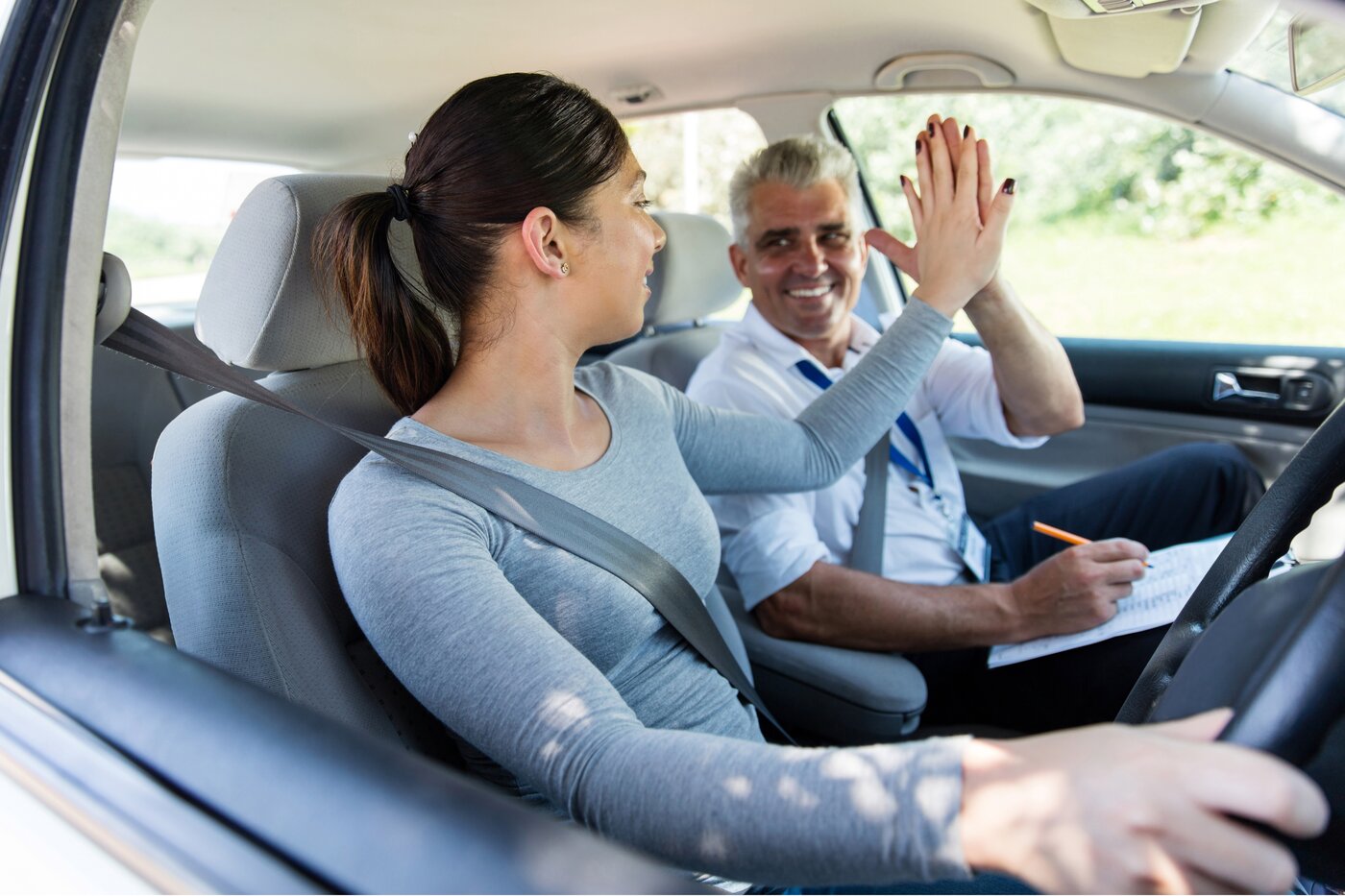Maximise Savings and Simplify Filing

Being a driving instructor has its perks, but managing finances and taxes can be a unique challenge. As a self-employed professional in the UK, there are specific tax reliefs and allowances available to help reduce your tax burden. Knowing how to make the most of these can save you money and keep your business running smoothly.
This guide covers the top five tax tips specifically for driving instructors. With practical advice on allowable expenses, capital allowances, and simplified expenses for home office use, these tips will help you understand the ins and outs of tax obligations. Following these steps will make it easier to stay compliant, avoid surprises, and make tax filing a more streamlined process.
Driving instructors can claim a mileage allowance to cover the cost of using a car for work. Instead of calculating the actual costs of fuel, maintenance, and repairs, you can use HMRC's simplified expenses method, which allows you to claim 45p per mile for the first 10,000 business miles and 25p per mile thereafter. This covers all vehicle running costs, making it easier to keep track of your expenses.Claim Mileage Allowance

How it works:
Maintain a detailed log of your mileage, noting dates, destinations, and purpose of travel for each journey. When filing your Self Assessment tax return, apply HMRC’s flat rate to your logged miles. This approach simplifies record-keeping and provides a reliable deduction, covering wear, tear, and fuel costs without needing individual receipts.
If you opt not to use the mileage allowance, you can still claim deductions for actual car expenses, including fuel, insurance, repairs, and servicing. However, if the vehicle is used for both personal and business purposes, you need to allocate a portion of the expenses to reflect business use accurately. It’s crucial to keep all receipts and records to substantiate your claims during a tax audit.Deduct Car-Related Expenses

How it works:
To claim actual car expenses, keep detailed records of costs related to fuel, insurance, servicing, and other vehicle expenses. You’ll need to apportion these expenses for business use if the car is also used for personal travel. For instance, if 80% of your mileage is for business, you can claim 80% of these expenses as tax-deductible.
When purchasing a vehicle for your driving instruction business, you may be eligible to claim capital allowances, allowing you to deduct a percentage of the car's cost from your taxable income. The amount you can claim depends on the car's CO2 emissions, with lower-emission vehicles often qualifying for more favourable allowances. This can help reduce your tax bill, making it a worthwhile consideration when choosing a new car.Capital Allowances for Your Car

How it works:
When you buy a car for your business, apply capital allowances through the Annual Investment Allowance (AIA) or Writing Down Allowance (WDA). Cars with lower emissions generally offer better allowances, so check current HMRC guidelines on qualifying criteria and emission thresholds. Be sure to keep purchase receipts and documentation on emissions ratings for the claim process.
Most driving instructors will have dual controls installed in their vehicles for safety reasons. These modifications are considered a business expense and can be claimed as an allowable cost. Make sure to keep receipts for the installation, as well as any other safety features added to the vehicle for business use.Claim Dual Control Installation Costs

How it works:
Claim dual control installation costs under business expenses when filing your Self Assessment. Retain all receipts for the installation and any subsequent maintenance related specifically to the controls, as HMRC may request evidence of expenses. Including these as part of your annual deductions helps reflect the full cost of operating a driving instruction business.
If you manage your driving instruction business from home, you can claim a portion of your home expenses, such as utilities, rent, and internet, as a business expense. HMRC offers a simplified flat rate option based on the number of hours worked from home each month, which can simplify the process of calculating your home office expenses. This option is especially beneficial if you only use a small part of your home for business.Simplified Expenses for Home Office Use

How it works:
Calculate home office expenses using HMRC’s flat-rate approach, which sets a deduction rate based on hours worked at home. For example, claim £26 per month if you work more than 100 hours from home monthly. Alternatively, if actual costs are preferable, calculate the percentage of household expenses for business use. Record-keeping for both methods is essential to support your deduction claim.
Essential Tips to Boost Your Savings

Understanding the tax reliefs and allowances available to you as a driving instructor can make a significant difference in managing your business finances. From claiming mileage to deducting car-related expenses and capital allowances, these tax tips can help reduce your taxable income and keep more money in your pocket.
Final Thoughts
Staying organised and keeping detailed records is key to maximising your tax savings. Regularly reviewing your expenses and understanding what you can claim will help you remain compliant with HMRC and avoid unexpected tax bills. For further assistance, consider using a tax app or consulting with a tax advisor to manage your expenses and streamline your tax filing process.
Frequently Asked Questions
Can I claim the cost of driving instructor insurance as a business expense?
Yes, the cost of specialist driving instructor insurance is considered an allowable business expense. You can claim the premiums paid as part of your annual expenses, reducing your taxable income. Keep your insurance documents and payment receipts to support your claim in case of an audit.
Are there tax benefits for leasing a car rather than buying one for my driving school?
Yes, leasing a car can offer tax advantages. You can claim the lease payments as a business expense, potentially making it more tax-efficient compared to buying, especially if you don't want to claim capital allowances. However, if the car has CO2 emissions over 110g/km, only a portion of the lease payment will be allowable for tax purposes.
How can I claim expenses for attending driving instructor training courses?
Expenses incurred for ongoing professional development, such as attending driving instructor courses or refresher training, are generally tax-deductible. As long as the training is directly related to your work and aims to improve or update your skills, you can claim these costs as business expenses.
What other insurance costs can I claim as a driving instructor?
Apart from driving instructor insurance, you can also claim the cost of other business-related insurances such as public liability insurance, which covers you if a student or third party makes a claim against you. Legal expenses insurance, which helps cover the cost of legal advice, can also be claimed if it’s directly related to your business.
Can I claim tax relief on advertising and marketing expenses for my driving school?
Yes, you can claim tax relief on the costs of advertising and marketing your driving school. This includes expenses related to online ads, flyers, posters, website development, and social media promotions. These costs are considered allowable business expenses and can help reduce your taxable income.




